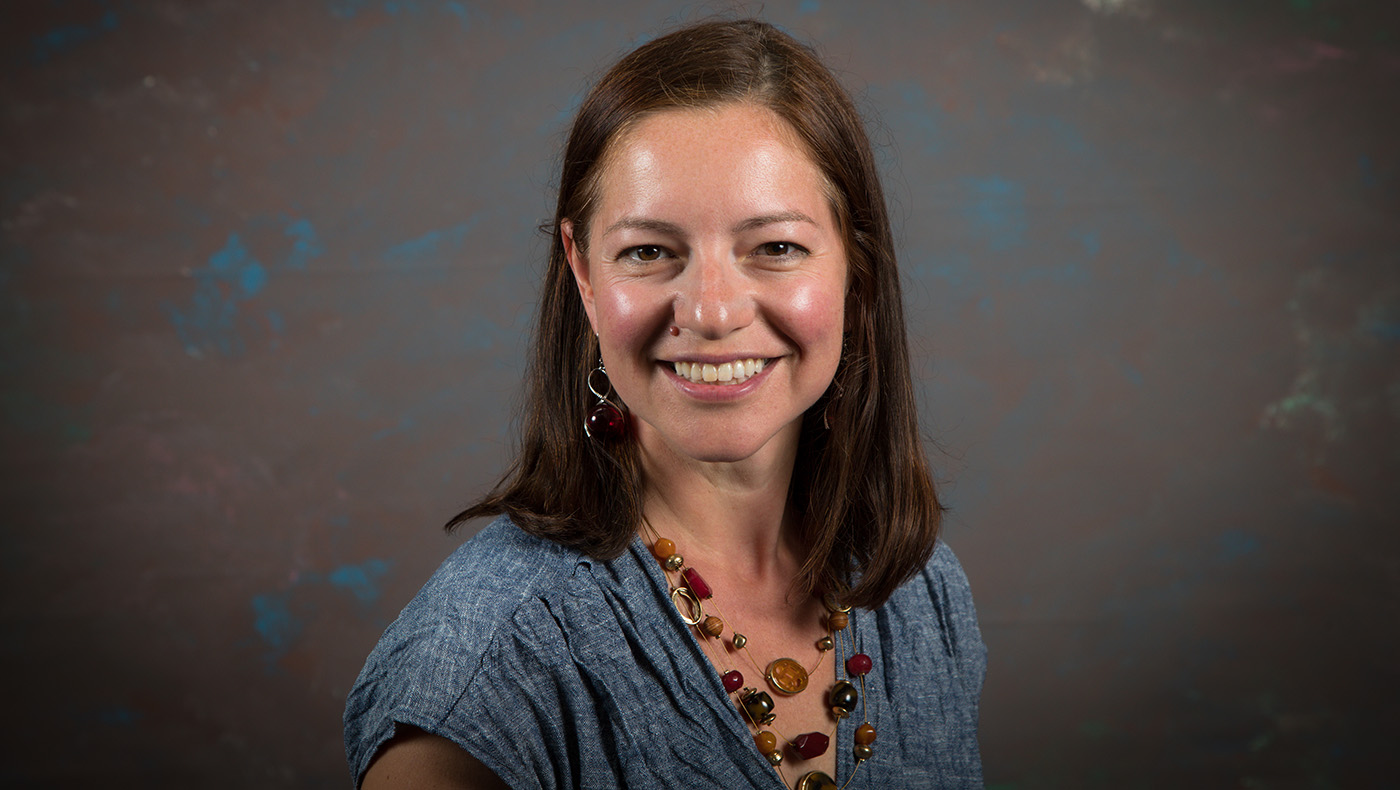Editor’s Note: Julia Bayuk, Lerner College’s associate professor of business administration and associate dean of curriculum, wrote the following article for the July/August 2023 edition of Delaware Business Magazine. It is reprinted with permission by the Delaware State Chamber of Commerce.
The classic graduate business education experience used to be like a tuxedo, more formal and rigid. Now it’s becoming more like the little black dress, customizable for various needs and occasions, with opportunities to make it distinct. Like choosing whether to wear flats or heels with the little black dress, a graduate business program is about customizability, depending on one’s goals (or the occasion), now more than ever.
It is not just about choosing a graduate program or an MBA anymore, but whether to focus on one (or multiple) specializations, how long to focus (a certificate, a one-year masters, or an MBA), and how to engage with the information and the faculty teaching the course (in-person, online, or a combination).
Today, employers are not just looking for a student with a graduate business degree—they want to see concrete skills acquired in the program. Technical skills are in high demand, and individuals completing graduate business programs need to be able to not only analyze data, but communicate information to their audience, causing graduate business programs to adjust more of the focus to skills training, teaching negotiation or project management, or specific programs like SAS or Python.
Realizing this shift in student and industry demand, business schools in leading universities are changing their approach to graduate business education. University of Delaware’s Lerner College of Business and Economics is one of the area’s highly ranked, accredited business programs that acknowledges students vary in their goals. Some want to gain core business skills, coming straight from an undergraduate program with a major such as engineering or communications.
Others might be several years out from sitting in a classroom, with some important industry knowledge. They want a career shift (such as a move from finance to consulting), to progress within their existing firm or industry, or just to gain new skill sets.
While some may be excited about a 32 to 50-credit MBA program (Lerner’s MBA program is 44 credits and can be completed part-time or full-time), others are more focused on shorter options to fine-tune their skills.
The good news for aspiring “learners” (no pun intended), who aren’t sure what to focus on or how much time to commit, is that business schools like UD’s Lerner College are increasingly shifting to customizable options through stackability. You start with a 12-credit certificate in an area like analytics, entrepreneurship, finance, or leadership. You can take those 12 credits and say, “I’m done,” or apply the certificate toward an MBA, a one-year master’s degree, or a joint degree. There are also possible accelerated 4+1 programs that let undergraduate students add one year of graduate study and earn a master’s.
Over the past decade, more programs have added online offerings—and frequently, opportunities to complete a program entirely online. While working professionals might prefer this, recently graduated students, international students, or those wanting the on-campus environment tend to prefer inperson or hybrid options.
Those working full-time can also take advantage of graduate business degrees, whether on their own terms, or through a customized certificate program. Lerner College has created programs for global financial institutions and large medical systems, and can tailor programs for various organizations to help them get to where they want to be.
By offering flexibility in course offerings, programs can meet students where they are and take them where they want to go, whatever their background or career goals.




